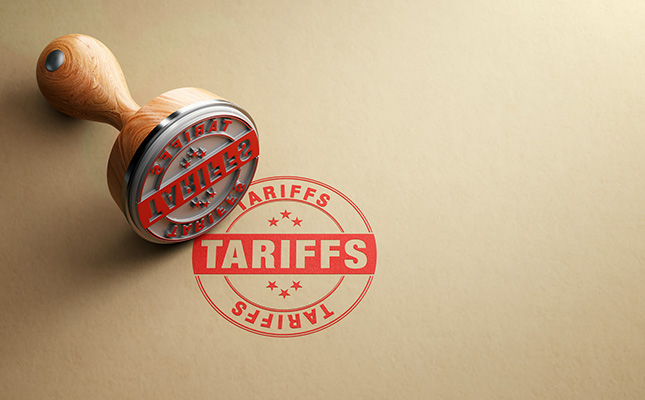A recently filed lawsuit could result in refunds of all Section 301 tariffs levied to date on List 3 and List 4A goods from China, regardless of whether or not a timely protest was filed. However, importers must file their own independent claims to preserve their potential refunds by Friday, September 18.
For more than two years the U.S. has assessed additional tariffs on hundreds of billions of dollars’ worth of Chinese goods pursuant to Section 301 of the Trade Act of 1974. Although some exclusions from these tariffs have been approved, the vast majority of covered goods remain subject to these tariffs, which will continue to be assessed on future entries.
However, a new judicial challenge argues that the Section 301 tariffs on List 3 and List 4A goods were imposed in violation of the authority provided under the Trade Act and the Administrative Procedures Act (APA). Specifically, this case asserts that Congress did not empower the executive branch to transform investigations targeting specific practices by a foreign country (e.g., the Chinese intellectual property policies and practices that underlie the Section 301 tariffs) into a vast, unlimited trade war. The case also argues that in promulgating List 3 and List 4A the Office of the U.S. Trade Representative failed to follow required statutory provisions, making those actions invalid under the APA.
If this litigation is successful, refunds of all Section 301 tariffs paid on List 3 and List 4A goods, regardless of whether an exclusion was previously available or filed, would become available.
Importers should contact their trade attorney to join this challenge and preserve their rights to such refunds. Alternatively, importers can contact Lenny Feldman at Sandler, Travis & Rosenberg, the Customs and International law firm handling the case. Sandler, Travis & Rosenberg can also help importers evaluate related opportunities for refunds of additional tariffs paid under all China Section 301 lists. This includes such tariffs paid on entries that remain unliquidated as well as those that have been liquidated, regardless of whether or not a timely protest was filed.

